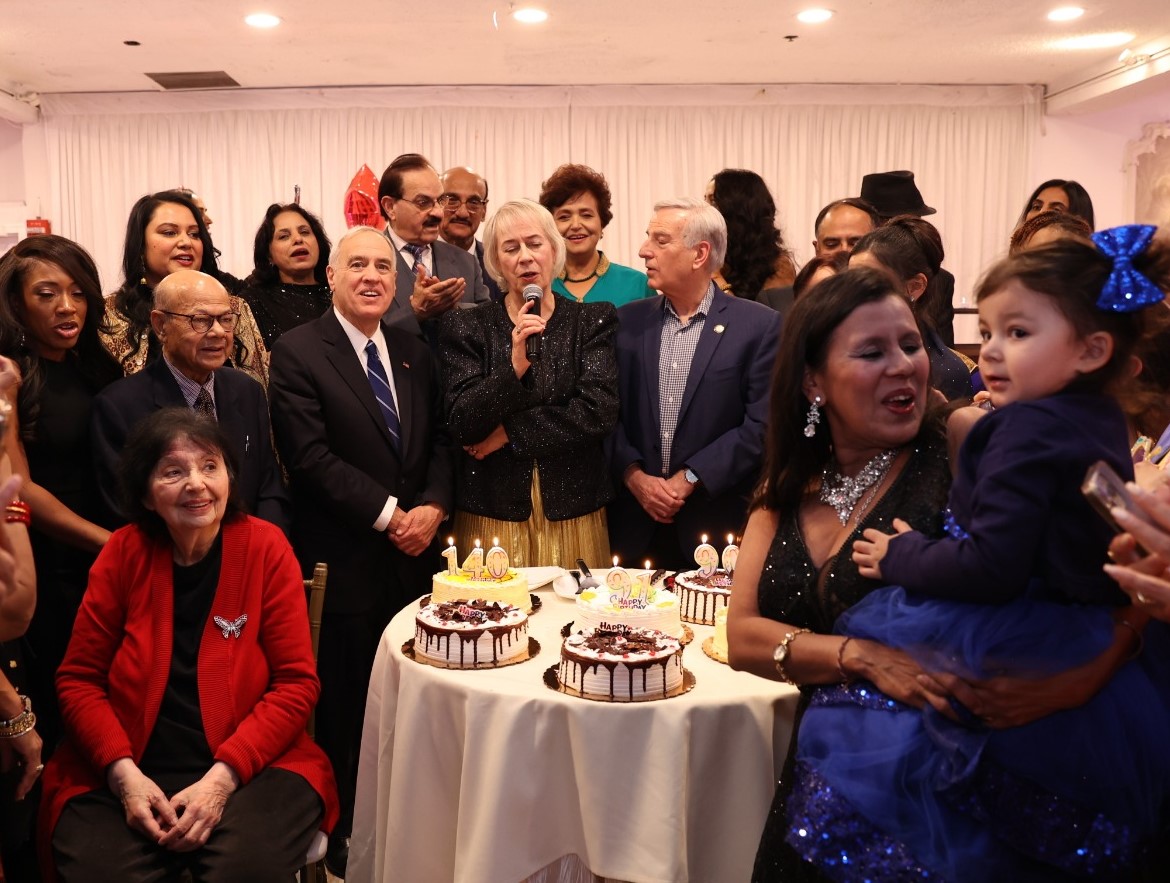As Election Day nears next Tuesday, one race that hasn’t received much attention is Manhattan borough president.
Scott Stringer, a Democrat, is running for re-election, and we think he has done a fine job and set the bar high by bringing a professional attitude to everything about the office.
Stringer faces two opponents: David Casavis, running on the Republican, Green, Liberal and Libertarian party lines; and Tom Austin Baumann, the Socialist Workers candidate.
Stringer, in his four years in office, has brought a new sense of integrity and rigor to the position of borough president.
One of his most important accomplishments, in our view, has been his reform and empowerment of the local community boards. Under Stringer’s predecessor, C. Virginia Fields, Community Board 2, for one — covering Greenwich Village, the West Village, Soho and Noho, Hudson Square and Little Italy — was simply dysfunctional. Board members openly feuded among each other, and the 50-member, volunteer body was deeply divided along lines pitting residents against business owners.
During Stringer’s first campaign for B.P., The Villager’s exposés about a troubling conflict-of-interest cover-up by the then-leading C.B. 2 candidate for board chairperson inspired Stringer to make community board reform one of his campaign planks.
Making good on his promises, Stringer has made being appointed to a community board a transparent process, notably by instituting an independent screening panel and interviews to thoroughly vet applicants.
At C.B. 2, a once-fractious and fractured board has been running smoothly for the past several years, thanks, in large part, to Stringer’s steady hand and infusion of new, community-minded members.
Stringer launched the Manhattan Community Planning Fellowship Program, which has placed a graduate-level urban planning student at each of Manhattan’s community boards. The program has proved so successful, the city is now expanding it to all 59 of the city’s community boards.
Stringer has also taken a leading role in addressing New York University’s expansion by creating and leading the Task Force on N.Y.U. Campus Development. Last year, the task force drafted a set of community planning principles to guide the university’s future expansion.
Stringer has also been a leading voice calling for the mayor and Department of Education to address the school overcrowding crisis. His 2008 report “Crowded Out” offered a borough-wide analysis of the problem.
Stringer admirably voted no on the city’s plan for a three-district Department of Sanitation garage at Spring and Washington Sts., bucking both the mayor and City Council Speaker Christine Quinn. While some wished he’d been even more vocal in his opposition, Stringer stated, on Tuesday, “I will continue to chart an independent course on the garage,” adding that he’ll keep searching for a suitable alternative site to house one of the three districts.
As for Stringer’s opponents, Casavis’s main issue is that, if elected, he would abolish the borough president’s office. Meanwhile, Baumann’s main issue is to call for an end to “imperialist wars” and for a withdrawal of U.S. troops from Iraq and Afghanistan; however, those issues don’t fall under the powers of Manhattan borough president.
Stringer has restored the community boards as “the formal institutions of neighborhood democracy” that they should be. He has earned another four years. The Villager supports Stringer for re-election on Tues., Nov. 3.




































